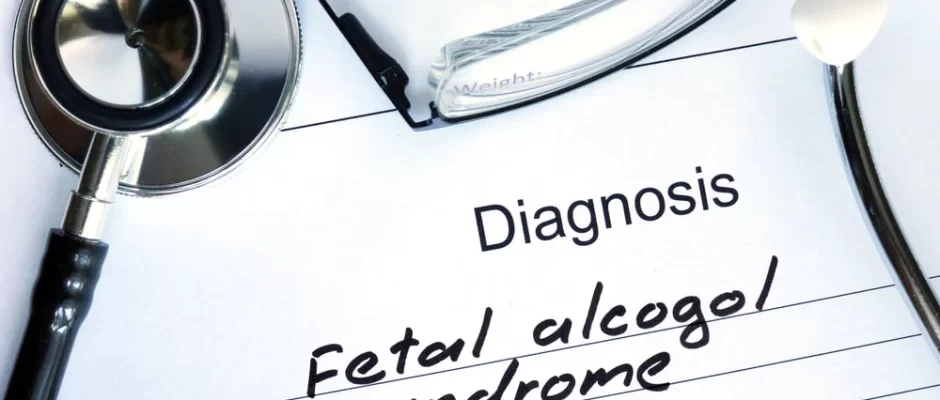Fetal Alcohol Spectrum Disorder: The Hidden Disability

While it is unknown exactly how many people have a Fetal Alcohol Spectrum Disorder (FASD), it is estimated that 2-5% of children in the United States have an FASD. FASD results from the use of alcohol by a mother during pregnancy and according to the Centers for Disease Control, 10% of pregnant women report drinking, while 3% report binge drinking during pregnancy. FASD is a hidden disability where symptoms are not always obvious to those on the outside, but sometimes these symptoms can be debilitating and can lead to unfortunate interactions with the criminal justice system.
What is Fetal Alcohol Spectrum Disorder?
Fetal Alcohol Spectrum Disorder refers to a group of conditions that may occur if a person’s mother consumed alcohol during pregnancy. Alcohol in the mother’s blood stream passes to her baby through the umbilical cord. Therefore, when a pregnant woman drinks alcohol, so does the baby. No amount of alcohol is safe during pregnancy and FASD can occur even if a pregnant woman never binge drinks. Alcohol consumed by the mother can cause significant damage to the brain.
Symptoms of Fetal Alcohol Spectrum Disorder
FASDs, including Fetal Alcohol Syndrome, can lead to a variety of physical, cognitive, and intellectual disabilities. Behavioral and social issues may include:
- Problems getting along with others
- Poor social skills
- Trouble transitioning between tasks
- Problems with impulse control
- Poor concept of time
- Problems staying on task
Fetal Alcohol Spectrum Disorder and Criminal Justice
Individuals with FASD sometimes become involved with the criminal justice system. The brain damage that results in FASD can make it difficult for individuals to avoid problems with the law. Lack of impulse control and problems thinking of future consequences can lead to involvement in criminal activity. In addition, tendency toward explosive episodes and vulnerability to peer pressure can also lead to a high risk of trouble with the law.
In 2012, the American Bar Association passed a resolution urging attorneys and judges to receive training on how to recognize and handle FASD in the criminal justice system. It is important that brain disorders are treated properly when it comes to crime. As Stephen G. Cobb noted in Representing People with Mental Disabilities(edited by Elizabeth Kelley and published by the American Bar Association):
“If crime itself is the result of brain disorders, then crimes are actually the reasonably foreseeable symptoms of abnormal brain function. Because criminal law is predicated on all persons being presumed “sane,” this calls into question whether our entire criminal justice system is built on a false paradigm that is no longer sustainable. At the present time, federal and state governments around America are punishing people for medical disorders. Now that this has come to light, it is past time to have a national conversation about what this means for criminal justice and what kind of a society we are. Until we recognize the powerful link between crime and brain disorders, and create appropriate preventative and treatment measures, what will a sizable portion of the population do as a result of undiagnosed and untreated brain disorders? ”
If you or a loved one with a mental disability has been arrested or convicted of a crime, you need an experienced criminal defense attorney on your side. Elizabeth Kelley specializes in representing individuals with mental illnesses and intellectual and developmental disabilities. To schedule a consultation call (509) 991-7058.


